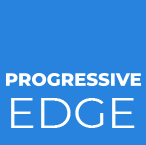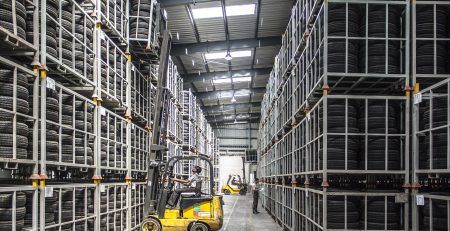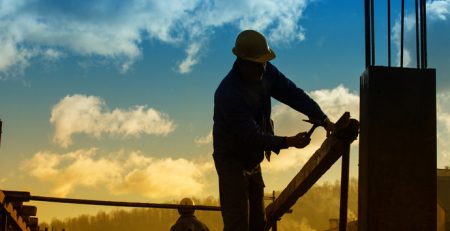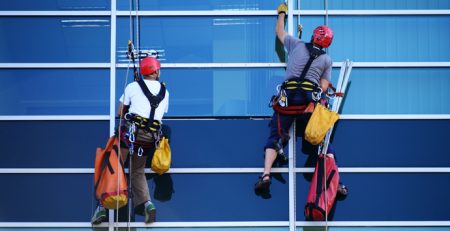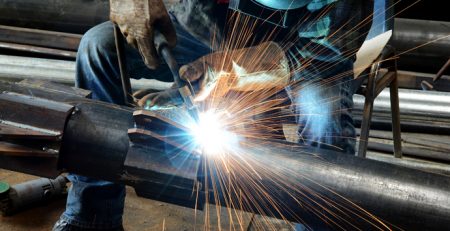How millennials are adapting to contemporary workplaces
At one stage, the world belonged to the baby boomers; now they increasingly have to compete with the millennials – the generation born after 1985 – that have very different ideas about how the world and the office should be run. This is a generation unwilling to be shaped to fit in, one which instead seeks to shape its surroundings. It’s a generation comfortable with change, sociable yet competitive, ambitious yet keen to work more ethically and give something back to wider society. As it comes to dominate the workplace, what changes are occurring as a result?
Increasing flexibility
When feminism first led to women entering the workplace en masse, critics said they couldn’t have it all. Millennials argue that they should be able to, and what’s more, men should have a good work/life balance. They expect flexible hours and often prefer to work away from the office, but they’re willing to put in more hours overall. They’re happier with shift work than older workers, and they’re getting managers used to the idea of sabbaticals, whether for personal reasons or because they want to work somewhere else for a while. In turn, managers are realising that what used to be seen as a betrayal might in fact be a useful way of bringing new knowledge into the business and avoiding having to invest as much in training new people.
Technique and technology
Whereas baby boomers prefer traditional ways for getting things done, the millennials, who have grown up in a rapidly changing world, are always keen to explore new possibilities. This is particularly visible when it comes to technology. It means businesses are investing more in upgrading more often, but are getting performance as a result. Though it’s great tohave an adaptable workforce, some older workers are concerned that important skills are being lost as a result, with fewer skilled staff to fall back on if technology fails.
Pros and cons
This is just one indication that the world of the millennials is not always rosy. At a physical level, they are very health conscious, introducing ergonomic furniture, healthy food and even exercise to the office. The flipside of this is that they’re more likely to abuse drugs or alcohol, and being under the influence in some workplaces can be downright dangerous. That’s why bosses are increasingly introducing random checks, with a simple oral fluid lab test being quick and easy to administer, as well as seeking ways to rehabilitate employees with dependency issues.
Looking to the future
What does all this mean for the office of the future? It seems likely to be significantly more energetic, interactive and creative, but some of the energy of the millennials will inevitably dissipate with age. Perhaps the biggest shift is towards a focus on talent and what each individual can contribute, rather than on the number of hours worked and effort made. Millennials are seeking innovative ways to help businesses reach their full potential. This may be intimidating to some older employees but ultimately it points the way to a more prosperous future for everyone.

